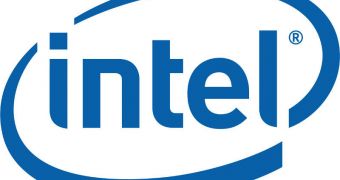I
ntel and CERN, the European Organization for Nuclear Research, have announced earlier today that the two organizations have extended their agreement to collaborate on the CERN openlab project through 2014.
Intel has been a major contributor to the CERN openlab since its conception in 2003 and has also worked with CERN previously on other projects.
“The CERN team is conducting impressive research,” said Christian Morales, Intel Vice President and General Manager, Intel Europe, Middle East and Africa.
“We are very honored to being continuously challenged by CERN to improve performance, energy efficiency and security solutions in our leading edge products and technologies,” concluded the company's rep.
The next three year of the chip makers collaboration with CERN openlab will focus on cloud computing, and the research is expected to uncover new technologies that will enable the two partners to build more powerful and flexible cloud computing servers based on Intel's architecture.
Exascale computing is another topic on the agenda of this partnership, where Intel and the CERN openlab will explore technologies needed to advance power efficiency, networking and data distribution.
The Intel’s Exascale R&D centers in Jülich, Leuven and Paris, which are part of Intel’s European R&D network called Intel Labs Europe, will seek close collaboration with the CERN openlab to jointly reach Exascale performance by the next ten years.
“CERN openlab is a public-private partnership for multilateral, multi-year projects between CERN and the IT industry.
“We are very happy that Intel confirms its contribution to the CERN openlab for another three years,” added Bob Jones, head of CERN openlab.
In addition to the openlab engagement Intel and CERN work together on a joint education program ever since 2008.
This program is called the Intel International Science and Engineering Fair (ISEF) and offers selected student winners to visit the CERN lab in Geneva for one week where they tour the facility and listen to presentations from various prominent scientists.

 14 DAY TRIAL //
14 DAY TRIAL //